The beginning of this month marked an important development for the British royal family.
Prince Harry landed in London to commemorate the 10th anniversary of the Invictus Games, and during his stay in his home country, his brother, Prince William, received a significant new honour from King Charles. The timing seemed coincidental, but yet, many saw it as a major snub to Prince Harry.
The announcement from the Palace revealed that King Charles III has appointed Prince William as the colonel-in-chief of the Army Air Corps.
“His Majesty the King will officially hand over the role of Colonel-in-Chief of the Army Air Corps to His Royal Highness the Prince of Wales,” the palace’s statement read. “In August 2023, following His Majesty’s Accession, the King was pleased to announce military appointments including that the Prince of Wales would become Colonel-in-Chief of the Army Air Corps. The role was previously held by His Majesty the King, as Prince of Wales, for 31 years.”
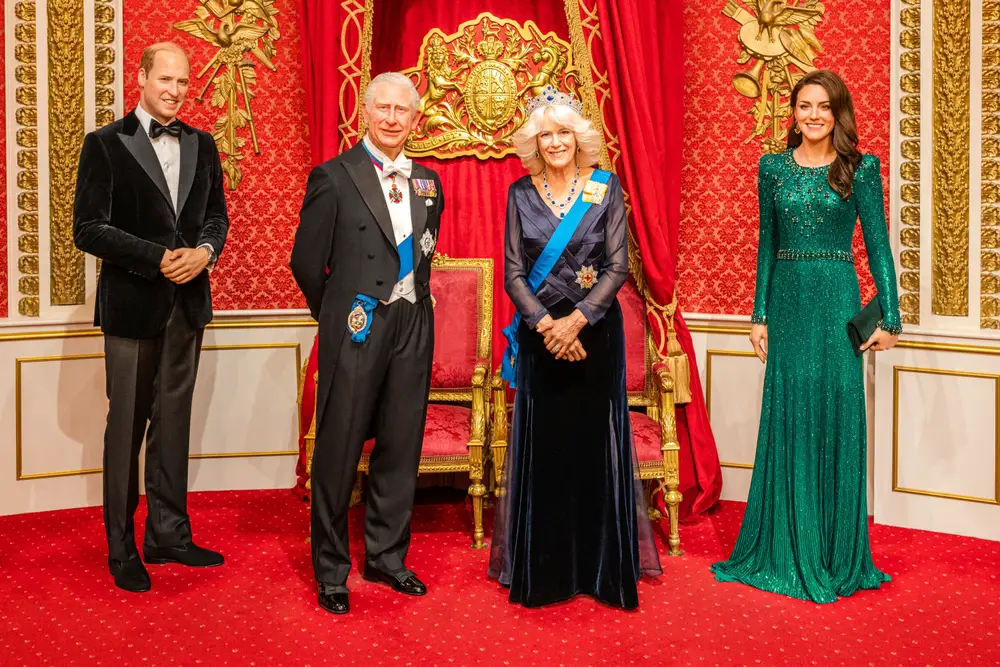
William’s new role places him in charge of Harry’s former unit. In 2008, Harry completed his Army Air Corps “Grading” and Pilot’s Selection Board interview, subsequently training as an Army Air Corps pilot in 2009.
“On successful completion of that Army Pilots Course, Prince Harry was selected to train on the Apache Attack Helicopter,” Harry’s official biography before he was removed from the official royal family website read. “On the same day, it was announced that Prince Harry received his provisional wings from his father.” Charles was colonel-in-chief of the Army Air Corps at the time, making the ceremony extra meaningful for Harry.
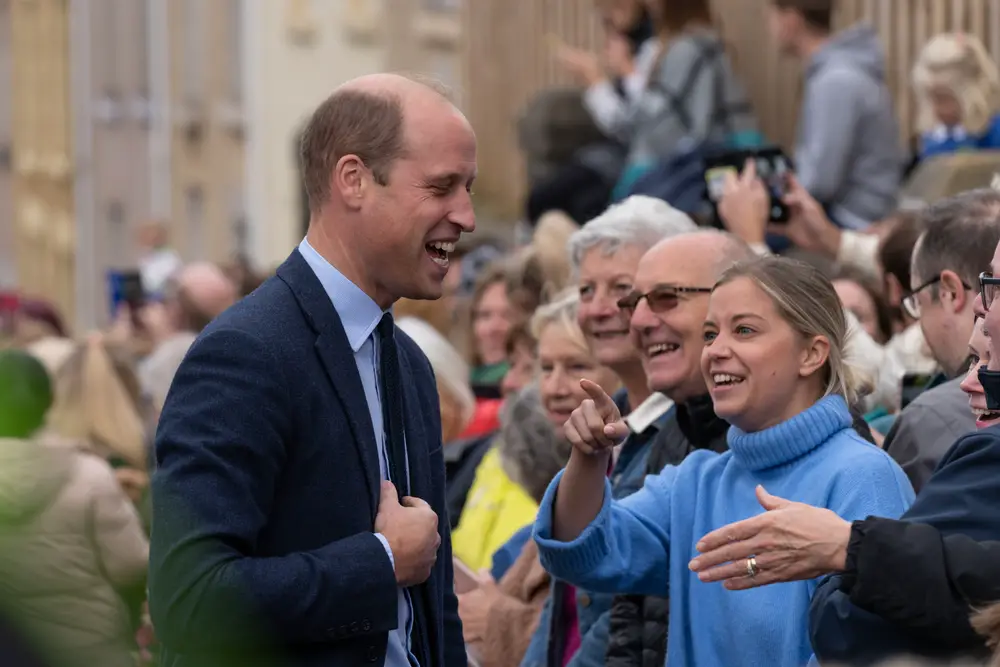
The unveiling of Prince William’s new designation emerges during a period of increased public curiosity, partly influenced by the tense rapport between Prince Harry and his father. Speculation surrounding the nature of their exchanges, or the lack thereof, during Prince Harry’s recent trip to the U.K. underscores the intricacies of royal relationships.
During Harry’s most recent visit, he and his father, King Charles, didn’t meet due to the king’s “full programme.”
However, the statement by Prince Harry added that he “hopes to see him soon.”
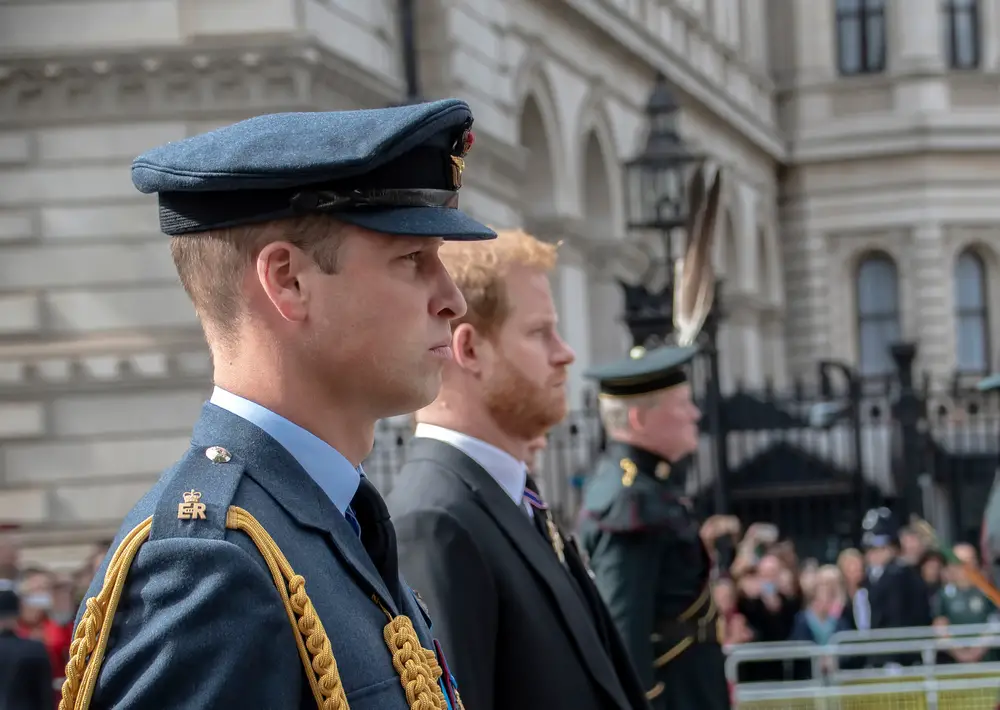
Despite the strained relationships with the members of the Firm, Harry expressed his happiness about returning to the UK. Regarding the party, he described it as “amazing” and commended the work of Scotty’s, emphasizing the incredible and necessary support they provide to children.
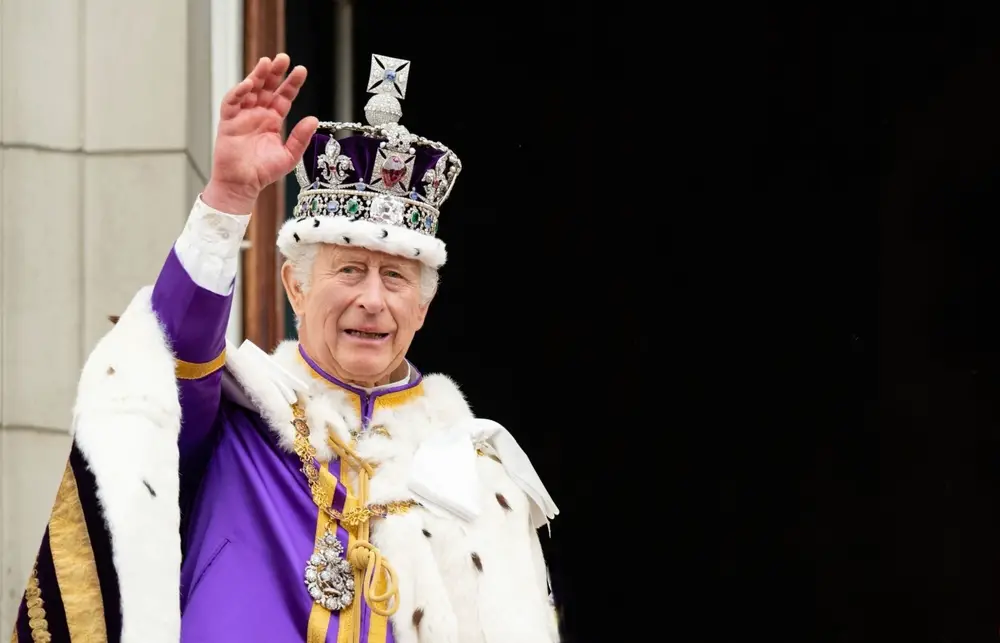
“The more opportunity you get to do these kinds of events, the more the families and kids know this place exists which is really the most important thing,” Harry said, as reported by BBC.
Please SHARE this article with your family and friends on Facebook.
Sally Field recently turned 76 – try not to smile when you see her today

These days, Sally Field keeps her Oscars and Emmys in a TV room where she plays video games with her grandkids. So far, Field shows no signs of retiring with her film “Spoiler Alert” releasing next week, as well as “80 for Brady” coming in 2023.
“As an actor, she dared this town to typecast her, and then simply broke through every dogmatic barrier to find her own way — not to stardom, which I imagine she’d decry, but to great roles in great films and television,” said Steven Spielberg, her friend and “Lincoln” director.
“Through her consistently good taste and feisty persistence, she has survived our ever-changing culture, stood the test of time and earned this singular place in history.”
“As an actor, she dared this town to typecast her, and then simply broke through every dogmatic barrier to find her own way — not to stardom, which I imagine she’d decry, but to great roles in great films and television,” said Steven Spielberg, her friend and “Lincoln” director.
“Through her consistently good taste and feisty persistence, she has survived our ever-changing culture, stood the test of time and earned this singular place in history.”
Over the course of her six-decade career, Sally Field has won over the hearts of viewers everywhere. She has made a meaningful life for herself and her family, accepted the beauty of aging naturally, and discovered joy in being a grandmother.
Her story is an inspiration to all of us, a gentle reminder to greet each stage of life with appreciation and grace.
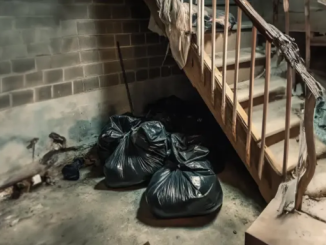


Leave a Reply